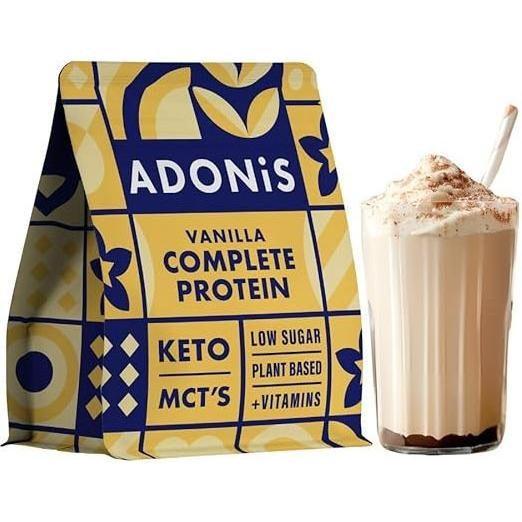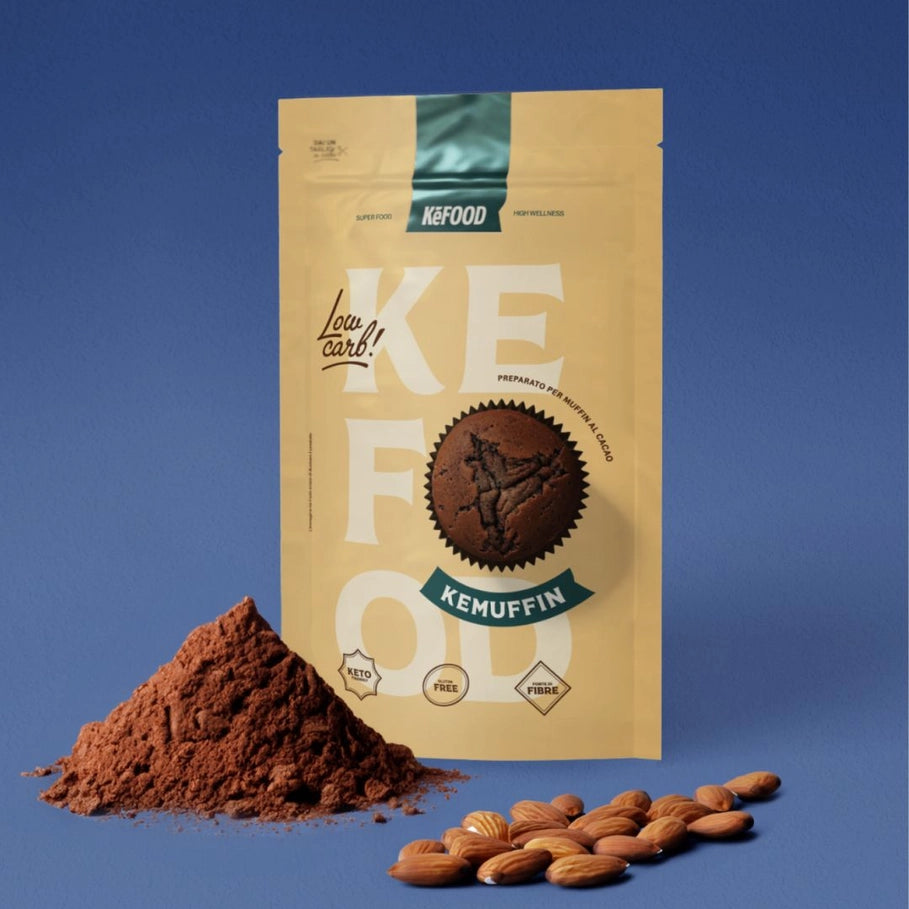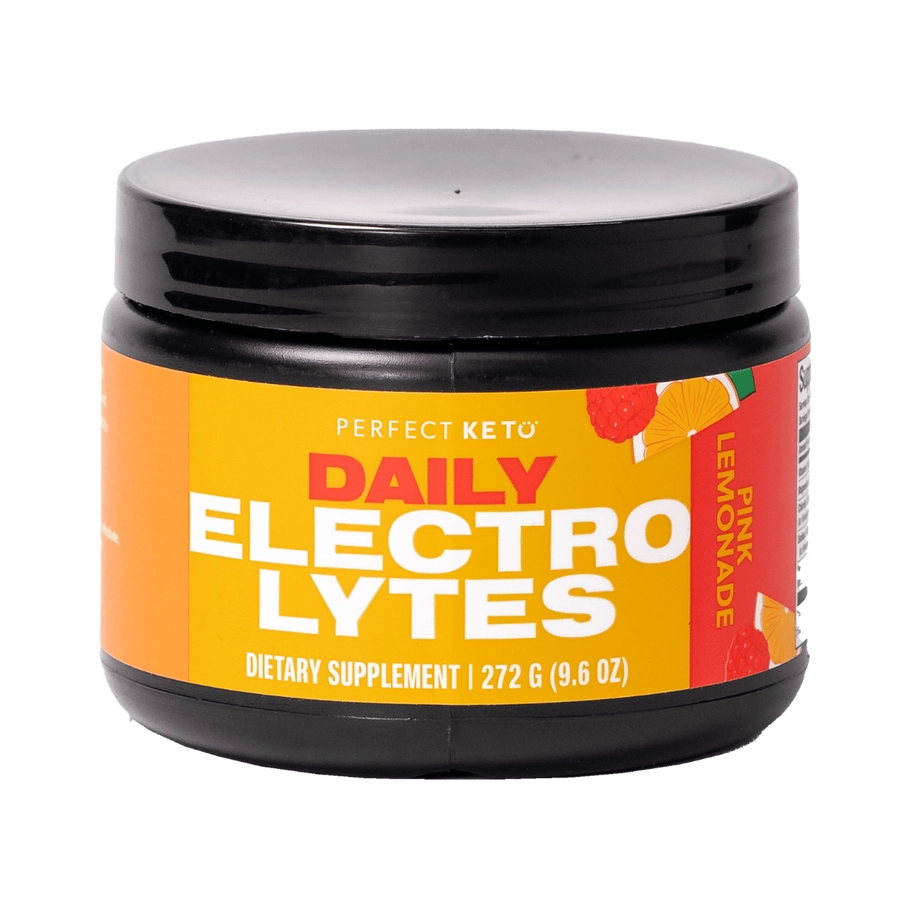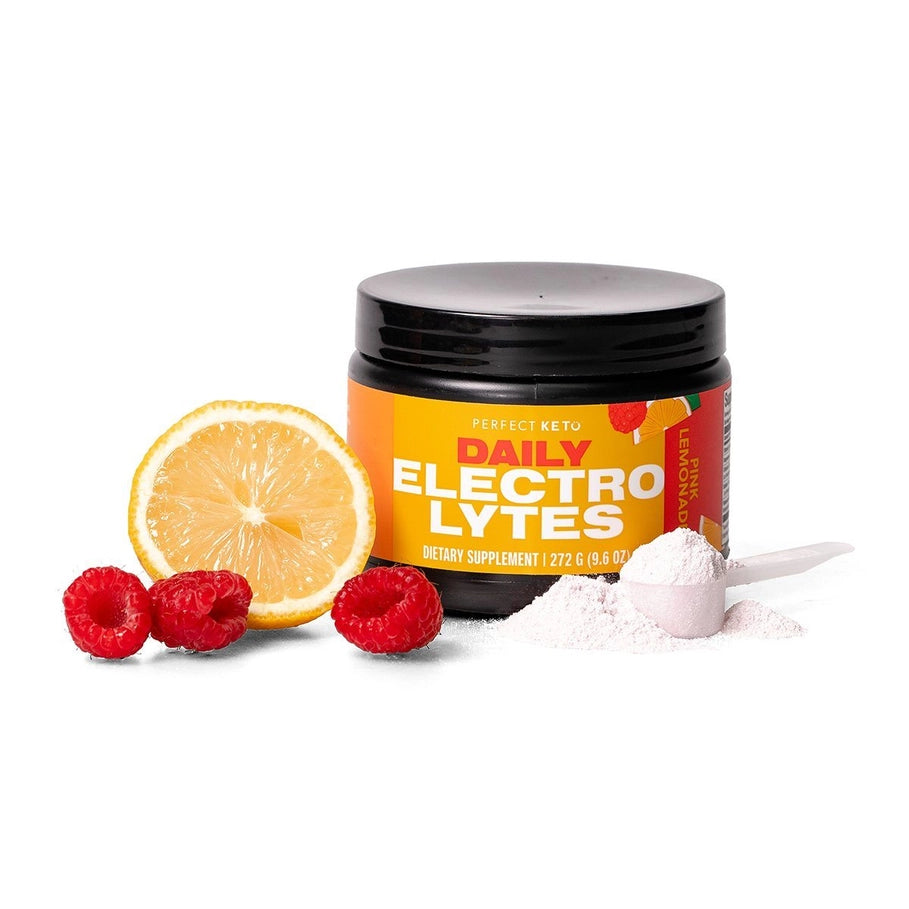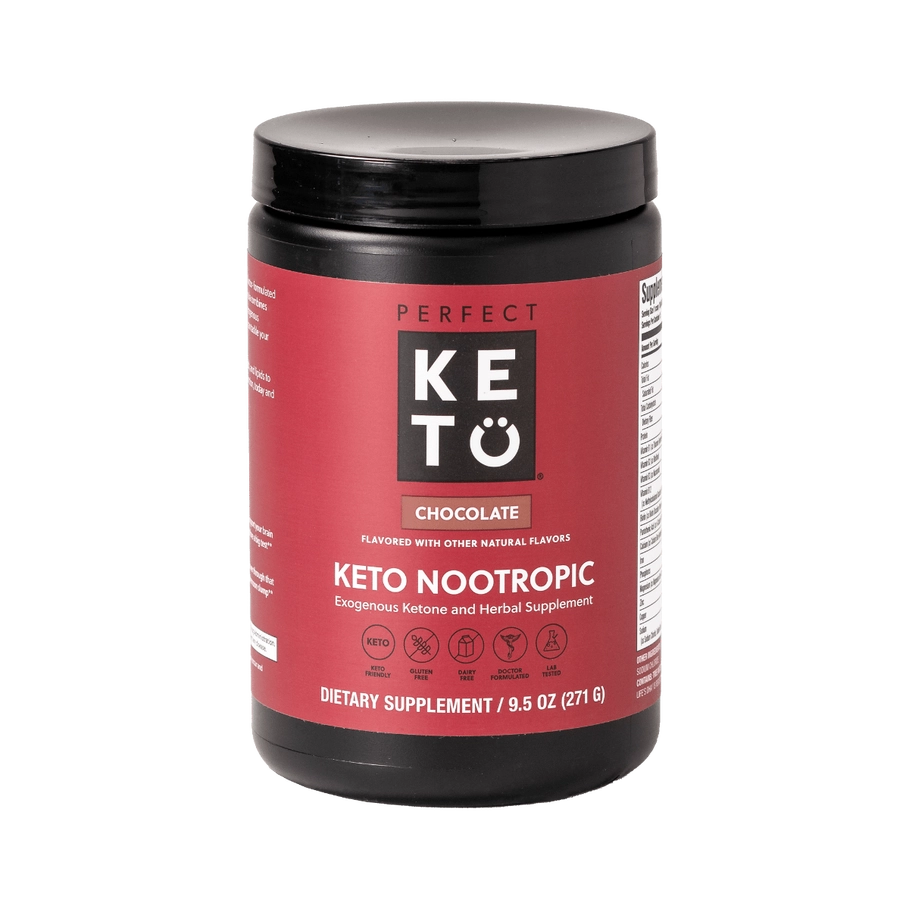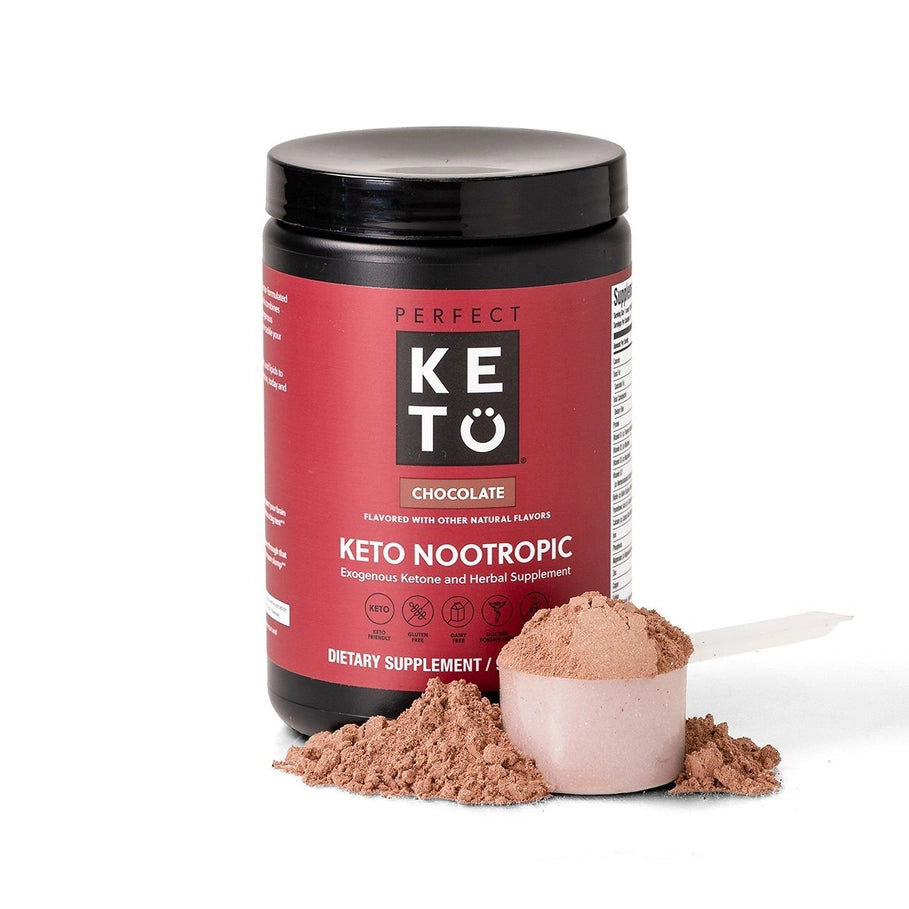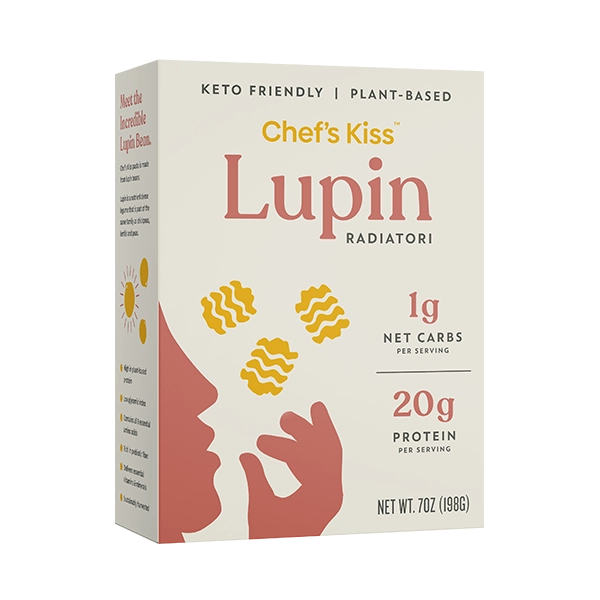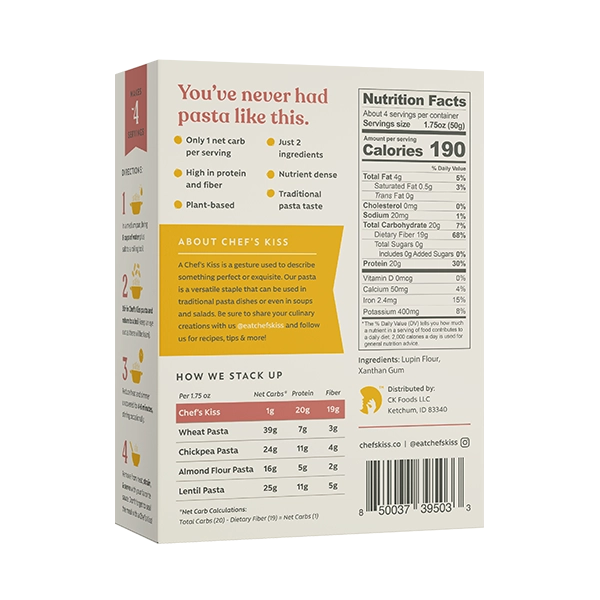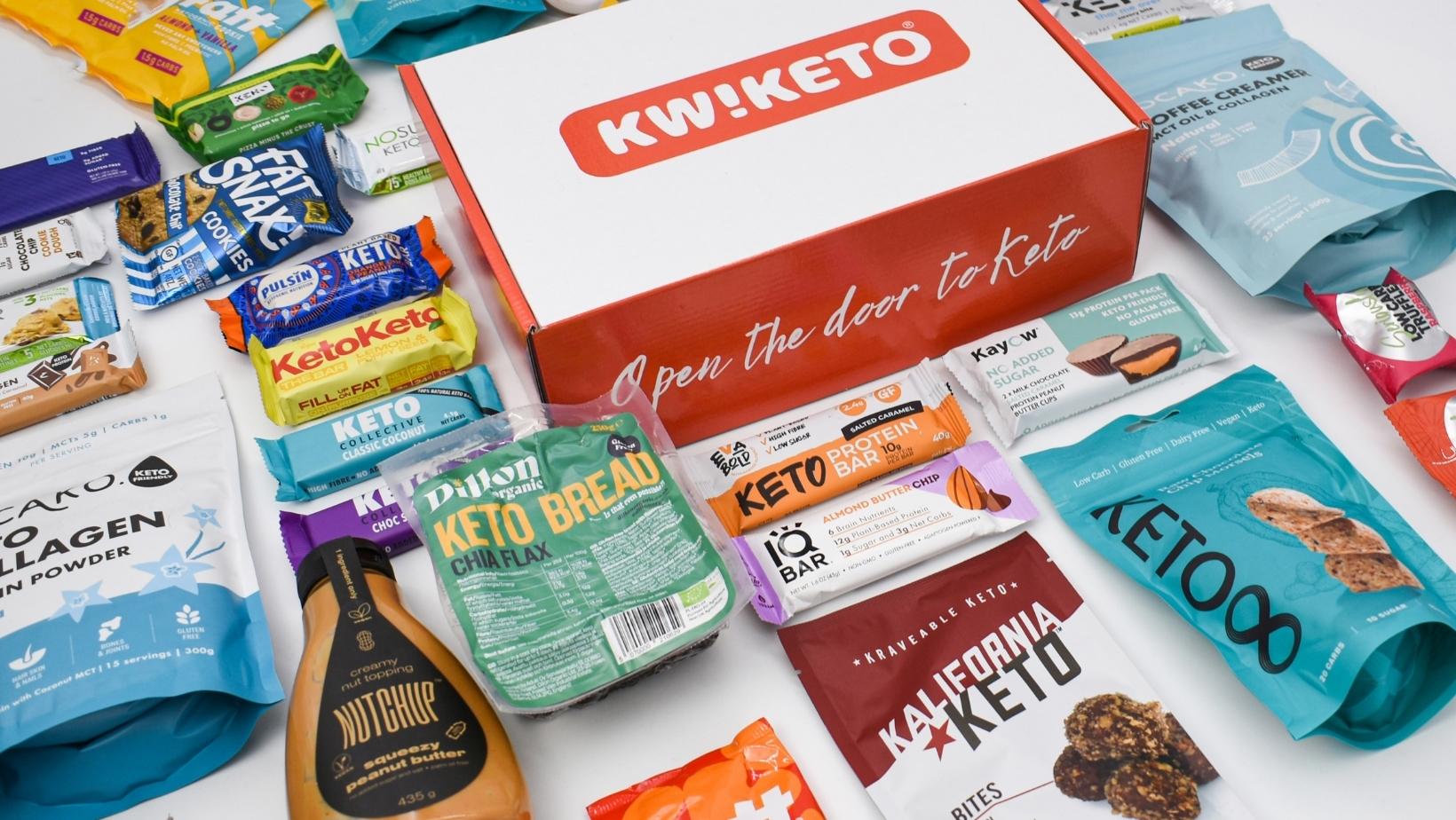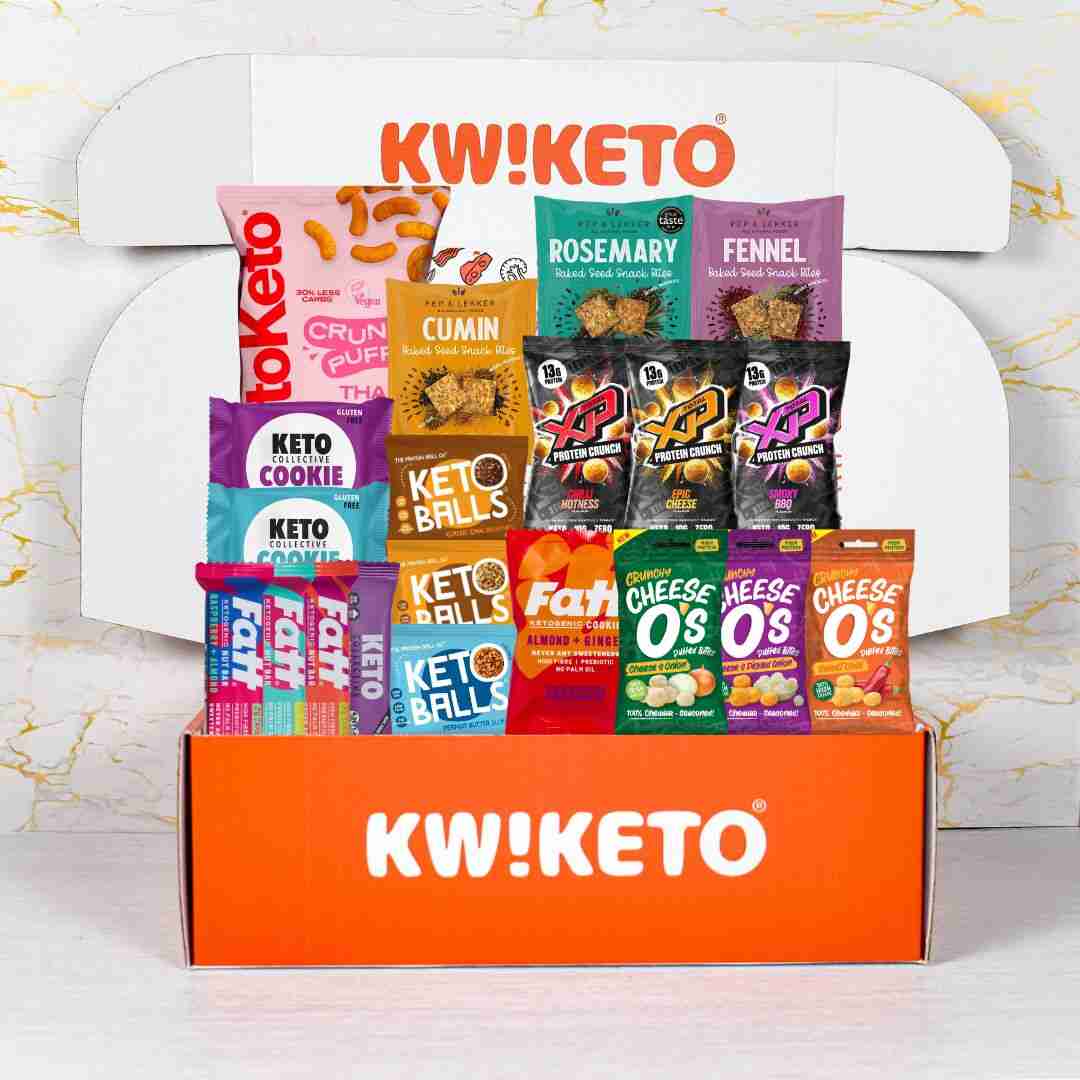
Fats vs. Carbs: What's best for you?
Fat or Carb: Which is Better
Fat or carb, you might be wondering which is better for you. Grain Brain by David Perlmutter is an eye-opening book that helped me understand how what we eat can impact immensely our mental well-being in the long run. This book exposes a hard-hitting truth about a lifetime consumption of grains, sugar and other damaging carbohydrates which have been so ingrained in our culture and diets that we're seeing widespread rates of obesity, diabetes in children and brain disease which are uniquely tied together.
In a provocative new book, neurologist David Perlmutter challenges some long-lasting beliefs about what our bodies really need to maintain optimal health and performance. The author demonstrates the way carbohydrates are destroying our brains slowly and discussed that not just unhealthy carbs, but even so-called 'complex carbs' such as whole grain and brown rice can lead to several chronic conditions and mental illness. These healthy carbs may actually exhibit a more serious threat to your health than sugar in the sense that they might not only increase your blood sugar but keep it high for a prolonged period of time. He named our most beloved dietary staple "Terrorist Group" that ruins our most precious organ, the brain, consistently. He also says "The brain thrives on a fat-rich, low-carbohydrate diet, which unfortunately is relatively uncommon in human populations today."
This book challenged some of the well-known and accepted beliefs regarding nutrition. It argues that both saturated fat and cholesterol are not only harmful but also vitally important for brain health. The human brain is almost 60% fat and saturated fat is one of the main building blocks of the brain cells. It's also interesting to know that human breast milk is one of the richest sources of saturated fat.
Additionally, cholesterol is the source of the material that our bodies use to make vitamin D, a crucial factor in maintaining brain function. In the same way, cholesterol is the antecedent to the sex hormone, testosterone, estrogen and progesterone all of which supports cognitive health. In one study researchers found that high total cholesterol level in late life may contribute to a reduced risk of dementia.
We have a tendency to label brain dysfunctions separately from other diseases we attribute to bad habits and lifestyle and it is not really up to us to preserve our brain's health and mental faculties. Perlmutter's book attempts to change this perception by showing how our modern diet significantly increases the risk of developing cognitive weakness, and why people all around the world are sicker and fatter than ever before.
The Big Shift in Our Diet in the Last Century
One thing that caught my attention after reading this book was where the author emphasises on the occurrence of a shift from high-fat low-carb to low-fat high-carb in today's diet over the past century. He makes a surprising connection between the ever-increasing decline of the human's brain health in modern society and the introduction of wheat grain into the human diet.
In the previous article, I explained how the ideology of low fat was promoted in the 1960s by the food industry and how they began replacing fat with sugar in processed foods which led to so-called epidemic obesity and the growing global chronic disease in 50 years later. In a broader look, he explains how we are challenging our psychology and mental capacity with the modern diet which we are not genetically programmed for.
In a compelling and science-backed detail, this book demonstrates that how this shift is the origin of our modern chronic conditions and fatal diseases, such as diabetes, and depression, obesity, anxiety, dementia, chronic stress and headache, attention deficit hyperactivity disorder (ADHD), as well as autoimmune diseases, inflammatory disorders, mood disorders and much more. If you don't suffer from one of these disorders, you surely know someone who has one or more of these conditions.
The author also touched upon gluten sensitivity, an important topic which has received significant attention both from scientists and the public in recent years. He named gluten "a silent germ" that a small percentage of the population's digestive systems are sensitive to it. However, he argued that it may be possible that this ingredient could trigger a negative response within everyone's brain. It's fairly well-known that diabetes, obesity and brain disease are the world's costliest and most damaging diseases, which are mostly preventable. In a broad outlook, the researcher illustrates the relationship between grains and brain cells' DNA. This work also clearly shows us the way diabetes doubles the risk for Alzheimer's disease as well as other brain disorders, such as Parkinson's.
The Bottom Line
This book referenced many studies that challenge conventional wisdom about cholesterol and saturated fat. However, as the author notes, decision-making behaviours and the public knowledge regarding foods, diet and wellbeing are heavily influenced by advertisements and media than by the current science. In line with this notion, this work offers up the other side of the widespread demonisation of saturated fat and cholesterol which also has been incredibly monetised for several decades.
The information and knowledge revealed in this book tell us that it is in our hand to improve our cognitive performance and boost our mental health with what we eat and drink. I believe this work allows us to persist in the belief that we develop brain dysfunction in the elderly years because of our destiny or the absence of good genes.
References:
- St. Onge, E., Motycka, C. and Rose, R., 2020. Type 2 Diabetes In Children: A Growing Epidemic.
- Mielke, M., 2020. High Total Cholesterol Levels In Late Life Associated With A Reduced Risk Of Dementia. [online] Available at: https://n.neurology.org/content/64/10/1689.abstract
- Academic.oup.com. 2020. Validate User. [online] Available at: https://academic.oup.com/jhmas/article/63/2/139/772615

